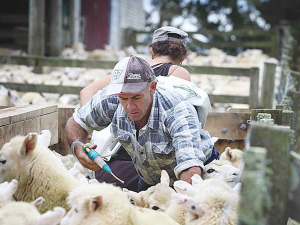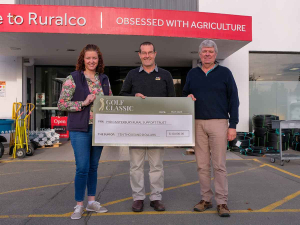OPINION: Research out of Massey University claims the concept of an urban/rural divide may not be entirely accurate.
Anecdotal reports suggest that such a divide does exist in NZ. This is especially the case when we see largely urban-based groups like Greenpeace constantly attacking the farming sector – particularly the dairy industry. It can also be seen in the growth of rural ginger group Groundswell, which has done much to highlight the reality of the numerous regulations that farmers currently face and what many – more often than not urban-based – critics claim are the poor environmental standards of the agricultural sector.
Janet Reid from Massey University’s School of Agriculture & Environment, who co-led the research, says the idea of an urban/rural divide does not reflect the findings of their research. However, she concedes that it’s not that straightforward and the issue of a rural/ urban divide is more nuanced and complex.
Reid argues that we can’t put people neatly into pigeonholes – rural or urban – as there is a whole lot more depth to the multiple dimensions of how New Zealanders see themselves. As she points out, there’s variety amongst the farming community as there is diversity and variety amongst those people who live in provinces and cities.
Despite the research’s finding of no rural/ urban divide, it does show a real disconnect between the two – where farmers feel that the urban public doesn’t fully understand what they face on the land.
An interesting finding of the research is how the media fuels the perception of a disconnect. Many farmers point to what they see as misinformation within media and the role it plays in highlighting ‘bad apples’ rather than accurately representing the sector.
The research suggests the urban public wants confidence that farmers are really farming sustainably, that they’re doing their bit for the environment. While on the farming side, they want to see real stories of farming in the media that go beyond sensational headlines.
A key takeaway is that bridging any divide requires building trust through connection, and the media has a role in achieving this.











